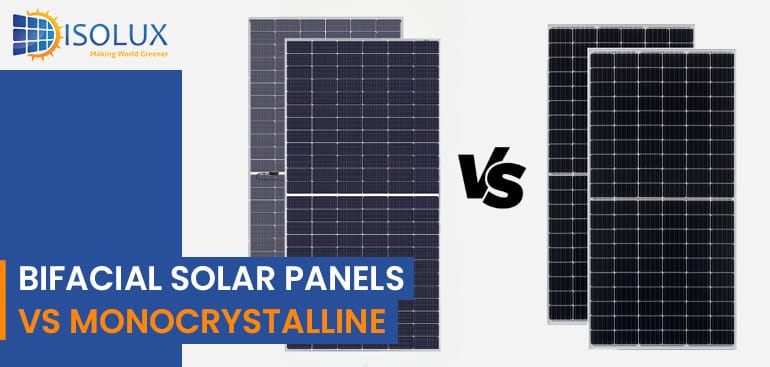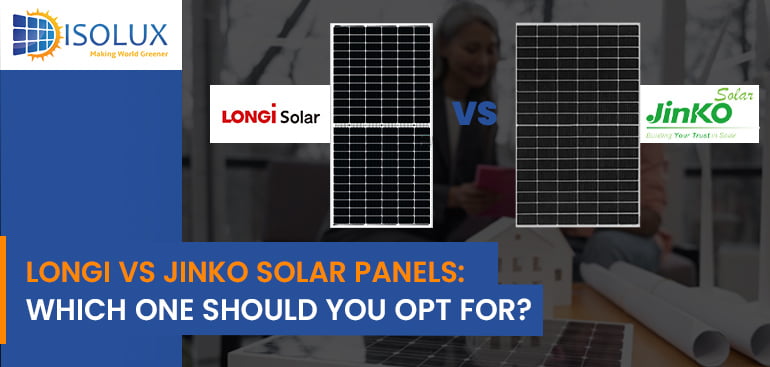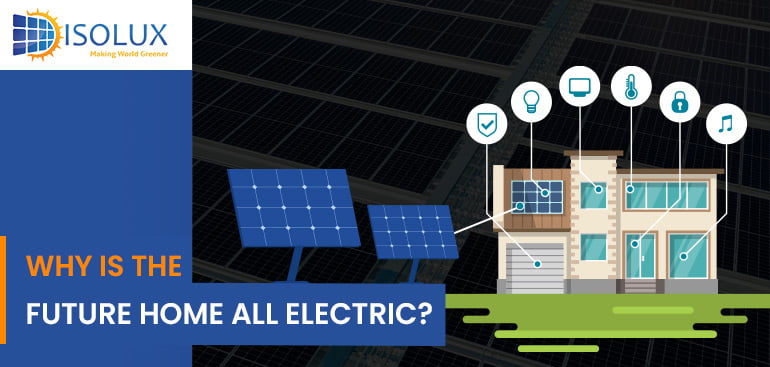As solar technology continues to evolve, homeowners and businesses are faced with multiple options when selecting the right solar panels. Two of the most popular choices in Australia are bifacial solar panels and monocrystalline solar panels. But which one is the best for you? Let’s get into bifacial vs Monocrystalline solar panels.
What Are Monocrystalline Solar Panels?
Monocrystalline solar panels are made from a single silicon crystal, giving them a sleek black appearance and high efficiency. These solar panels are widely used in residential and commercial solar installations due to their superior performance and longevity.
Advantages of Monocrystalline Panels
- High Efficiency: Typically ranges from 18% to 22%, making them one of the most efficient solar panel types available.
- Space-Saving: Generates more electricity per square meter, ideal for areas with limited roof space.
- Durability & Longevity: Offers a lifespan of 25 years or more, with minimal degradation over time.
- Better Performance in Low Light: Works efficiently even in cloudy or low-light conditions.
Disadvantages of Monocrystalline Panels
- Higher Initial Cost: More expensive compared to other types of solar panels.
- Performance Drops in High Heat: Can lose efficiency in extreme temperatures, though modern advancements have minimized this effect.
What Are Bifacial Solar Panels?
Bifacial solar panels can generate electricity from both sides of the panel, capturing sunlight that reflects off the ground or nearby surfaces. These solar panels are designed to maximize energy output, particularly in environments with high reflectivity, such as snowy or sandy areas.
Advantages of Bifacial Panels
- Higher Energy Yield: Can generate up to 30% more energy compared to traditional monofacial panels.
- Better Performance in Reflective Environments: Works best when installed over white surfaces, grass, sand, or reflective rooftops.
- Increased Durability: Many bifacial panels are designed with glass on both sides, making them more resistant to environmental damage.
Disadvantages of Bifacial Panels
Higher Cost: More expensive due to advanced technology and dual-glass construction.
Requires Specific Installation Conditions: To maximize efficiency, bifacial panels must be installed in areas with high reflectivity.
Heavier Weight: Dual-glass design makes them heavier, requiring a robust mounting system.
Also read: Monocrystalline vs Polycrystalline Solar Panels
Efficiency Comparison
| Feature | Monocrystalline Panels | Bifacial Panels |
| Efficiency Rate | 18% – 22% | 19% – 24% (depends on reflectivity) |
| Energy Output | High | Higher (with ideal conditions) |
| Performance in Low Light | Good | Good |
| Performance in High Heat | Slightly affected | Better heat dissipation |
| Lifespan | 25+ years | 25+ years |
| Installation Complexity | Easy | Requires reflective surfaces for optimal performance |
Which One Should You Choose?
Choose Monocrystalline Solar Panels If
- You have limited roof space and need high efficiency.
- You want a sleek, aesthetically pleasing look.
- You prefer a well-tested, reliable, and long-lasting option.
- You are in a residential or urban area without significant reflective surfaces.
Choose Bifacial Panels If
- You have open space with reflective surfaces like white roofs, sand, or snow.
- You want to maximize energy generation for commercial or utility-scale projects.
- You are installing solar panels on elevated ground mounts or carports.
- You are looking for higher energy output despite the higher initial cost.
Conclusion
Both bifacial and monocrystalline solar panels have their unique advantages. Monocrystalline panels are great for most residential applications due to their high efficiency and space-saving benefits. Meanwhile, bifacial panels can be an excellent choice for businesses or large installations looking to optimize energy production.
If you’re still unsure which panel type is best for you, consult with Isolux Solar, Australia’s trusted solar panel installer in Sydney. Our experts will help you find the most cost-effective and efficient solar solution tailored to your needs.
Get a Free Quote today from Isolux Solar today for a free consultation!




